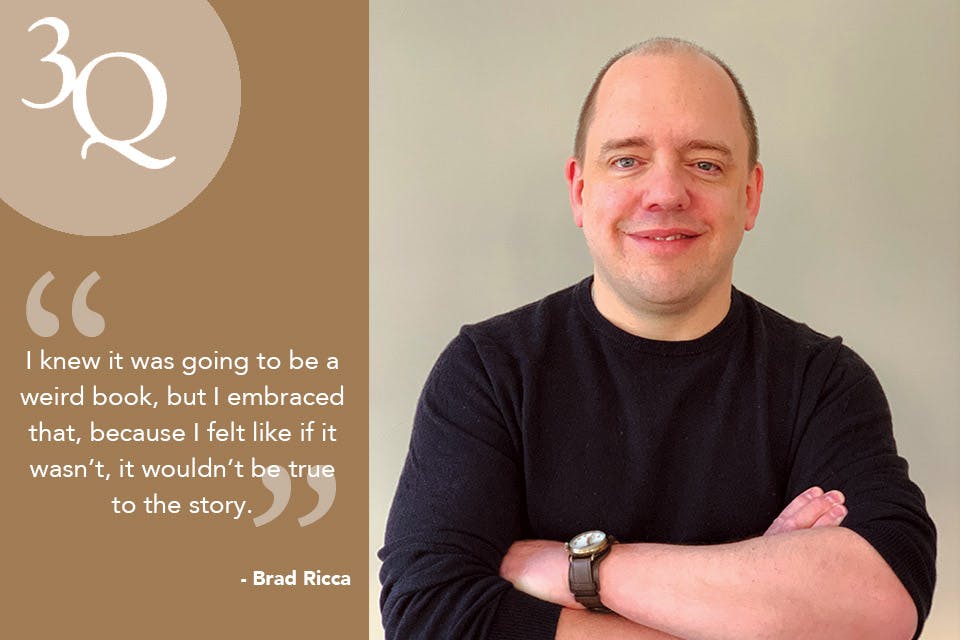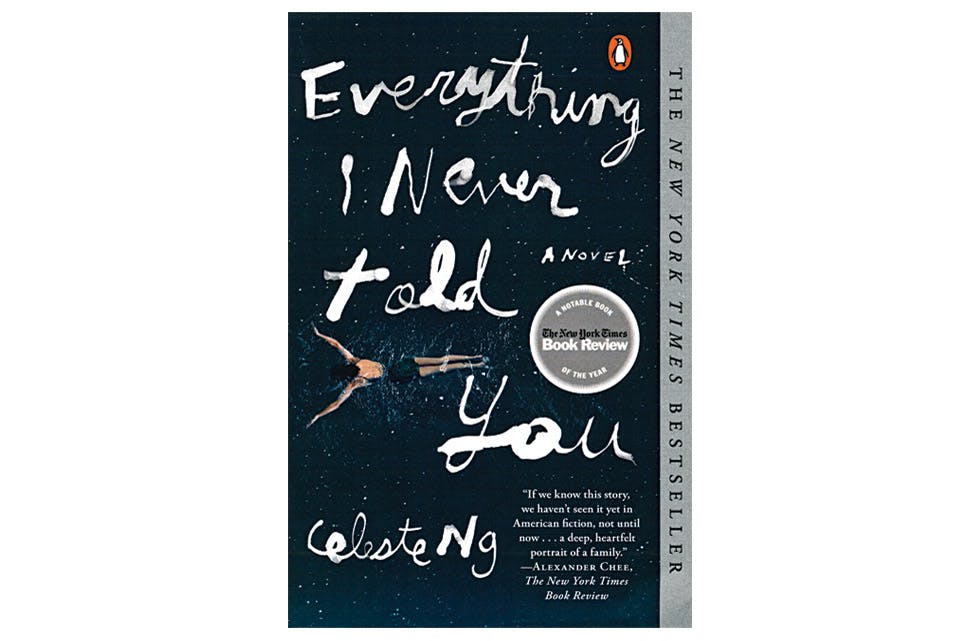Arts
Author Celeste Ng on ‘Everything I Never Told You’
Ohioan and author Celeste Ng explores the clash of Chinese and American cultures in her acclaimed debut novel.
Related Articles

2025 Ohio Book Award Winners Announced
These annual awards from the Ohioana Library honor Ohio-centric books. They will be presented Oct. 15 at the Ohio Statehouse. READ MORE >>

Enjoy Books and Brews at These 3 Ohio Shops
Visit these three Ohio bookstores that go beyond the printed page to offer coffee, beer, wine and more. READ MORE >>

Follow-Up With ’True Raiders‘ Author Brad Ricca
The Cleveland-based author’s new book delves into the details behind a real-life 1909 expedition to find the Ark of the Covenant. READ MORE >>



